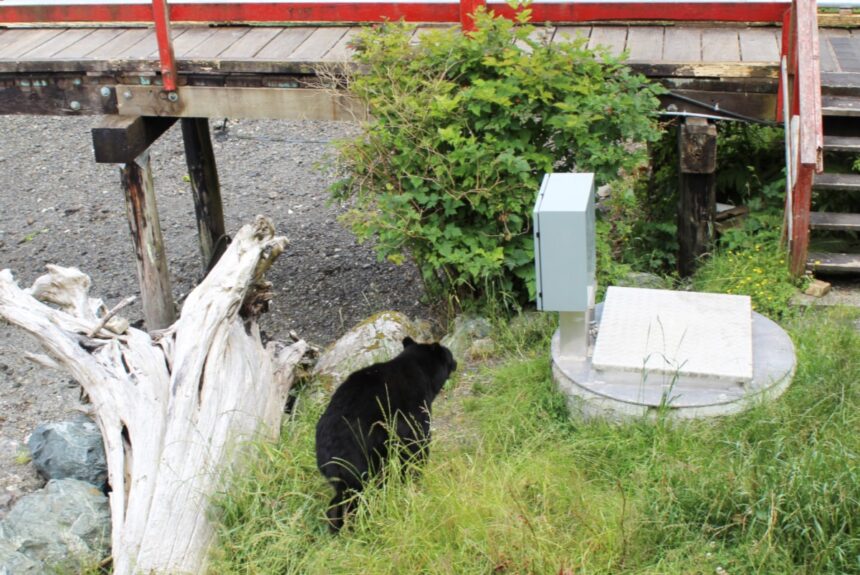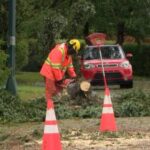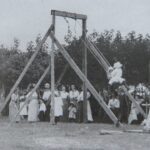In a troubling development that highlights the growing tensions between human communities and wildlife, conservation officers were forced to euthanize three black bears in Ucluelet over just two days last week. The bears, described as “severely food-conditioned,” had lost their natural wariness of humans after repeatedly accessing unsecured garbage and food sources throughout the coastal Vancouver Island community.
“These bears had crossed a critical threshold where rehabilitation was no longer possible,” explained Senior Conservation Officer Stuart Bates in an interview with CO24 News. “They had become so habituated to human food sources that they were entering occupied residences and showing aggressive behavior when confronted.”
The bears had been subjects of numerous complaints from Ucluelet residents over several weeks. According to the B.C. Conservation Officer Service, the animals had developed patterns of foraging through residential areas rather than seeking natural food sources in surrounding forests. Wildlife experts confirm that once bears associate human settlements with easy food rewards, reversing this learned behavior becomes nearly impossible.
Local resident Miranda Thompson witnessed one of the bears rummaging through her neighbor’s garbage before officers arrived. “It was heartbreaking to watch,” she told CO24. “The bear showed absolutely no fear when people came outside. It just kept eating, completely focused on the garbage.”
This incident underscores a broader wildlife management challenge facing many British Columbia communities. WildSafeBC coordinator Desiree Raichel points to human behavior as the root cause of these tragic outcomes. “Every time a bear is destroyed because of accessing garbage, it represents a failure in how we’re coexisting with wildlife,” Raichel stated. “These deaths were preventable.”
Ucluelet has struggled with wildlife conflicts for years, despite municipal bylaws that mandate proper garbage storage and prohibit feeding wildlife. The District of Ucluelet recently increased patrols and enforcement of these regulations, but officials acknowledge more community education is needed.
Conservation officers emphasize that relocation is rarely effective for food-conditioned bears. Studies tracked by the Ministry of Environment show that habituated bears typically return to communities or seek out similar food sources elsewhere, creating problems in new locations.
“The best solution is prevention,” stresses Bates. “Secure attractants, maintain clean properties, and report bear sightings early before habituation develops.” The Conservation Officer Service is now working with local schools and community groups to enhance education about wildlife coexistence.
As coastal communities like Ucluelet continue expanding into traditional wildlife habitats, these confrontations raise difficult questions about responsibility and coexistence. When does human convenience outweigh wildlife welfare? How can growing communities better adapt to sharing space with wild animals that have inhabited these areas for centuries?
As winter approaches and bears intensify their feeding to prepare for hibernation, wildlife officials urge residents across Vancouver Island to be particularly vigilant about securing potential food sources. The deaths of these three bears serve as a somber reminder that in human-wildlife conflicts, prevention remains the only truly humane solution.

























